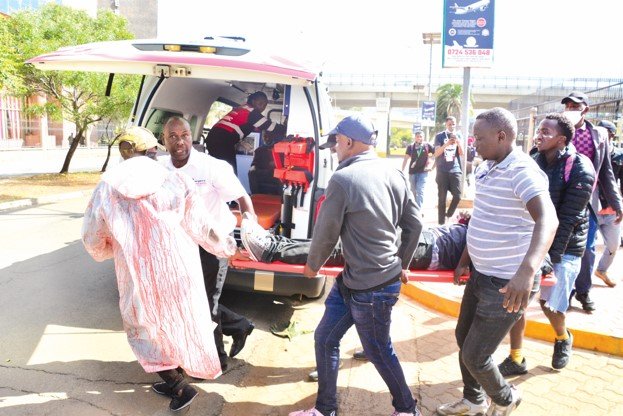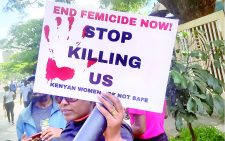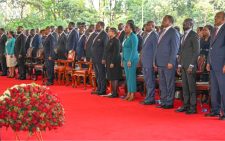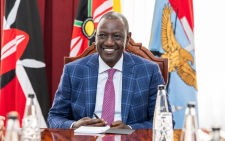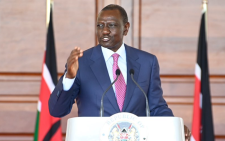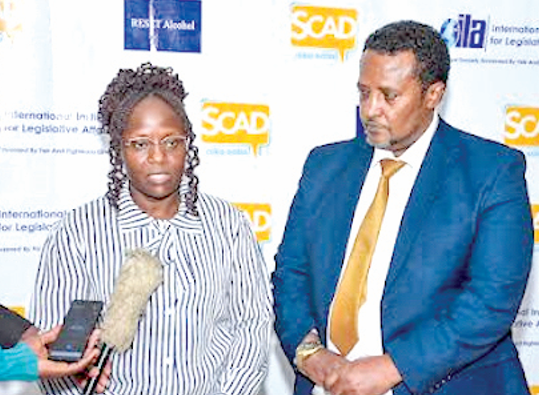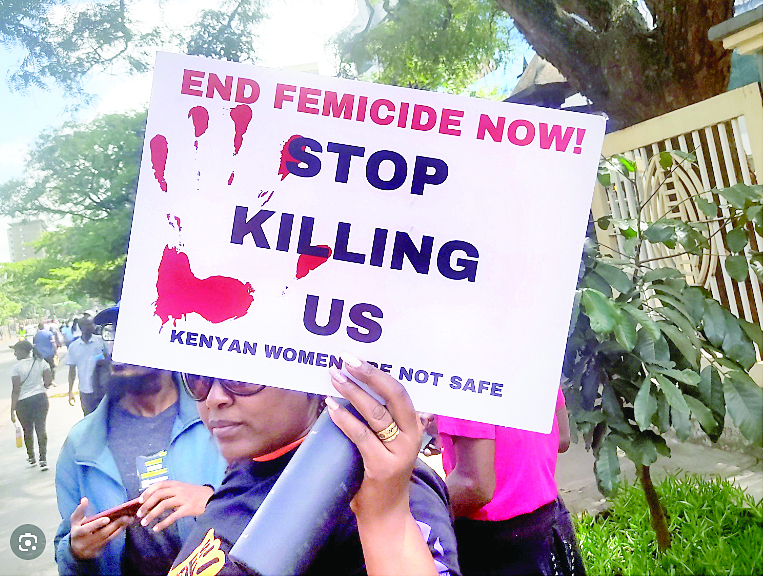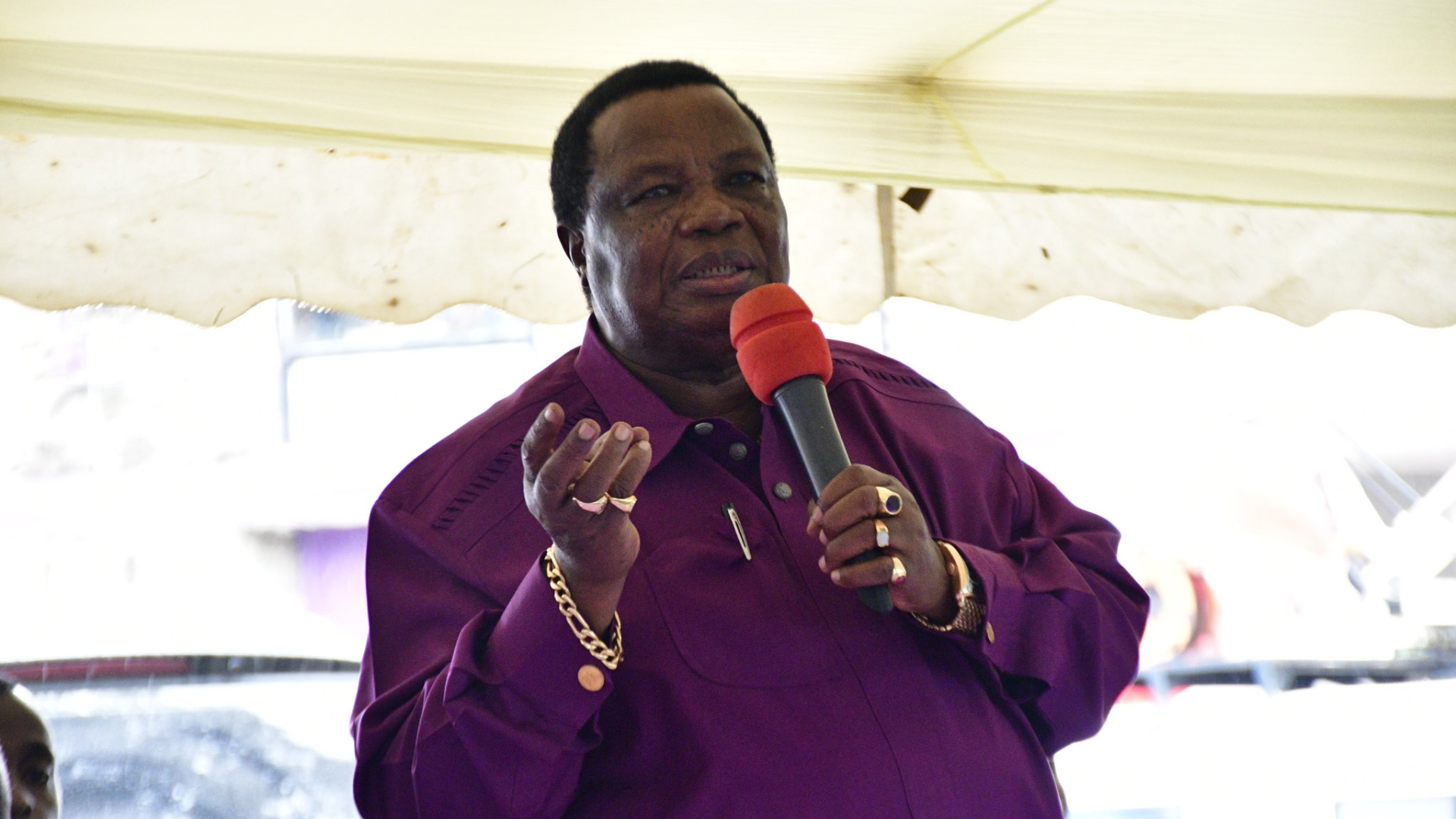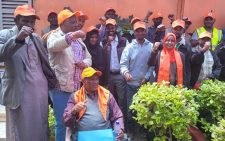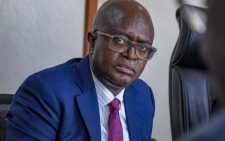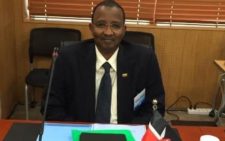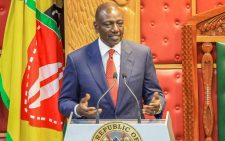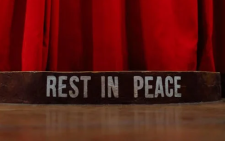President William Ruto is once again on the spot over some of the unfulfilled pledges, among them compensation of victims of police brutality during the protests that were championed by the youth dubbed Generation Z.
While outlining some of the measures aimed at containing public displeasure in his government, the President had on July 8, promised to among other issues, compensate of all victims of police including meeting burial and treatment expenses; mandatory retirement of all civil servants who have attained 60 years and cut down the number of parastatals by 50 per cent.
The Head of State equally promised stern action against police officers implicated in brutality, abductions and extrajudicial killings against individuals perceived to have been behind the demonstrations; disclosure of Kenya’s debt and zero budgetary allocation to the offices of First Lady and spouse of the Deputy President Rigathi Gachagua.
He also promised to form a “broadbased government” reflecting the face of Kenya.
Push amendments
Days later, the President, yet in another address to the nation from Nairobi’s State house, averred to push amendments to anti-graft laws to ensure all corruption cases are cleared within six months.
“What has emerged as the foremost national concern requiring urgent and decisive action is the vexing matter of corruption,” the President said then.
The President went on to outline how his administration would propose amendments to the Evidence Act, the Criminal Procedure Code, among other necessary legislative amendments in a bid to expedite the investigation and prosecution of corruption and economic crimes and provide for their conclusion within six months.
But five weeks later, after forming the so-called broad-based government that appeared to only accommodate former Prime Minister Raila Odinga’s members of the Orange Democratic Movement (ODM) and with the demonstrations having been suppressed, the President is back on his usual campaigns across the country.
As families struggle to raise funds to meet the costs of burying and medical expenses of their loved ones who were either shot dead or injured by the police during the protests, the government has remained silent without giving the way forward.
“No family of those killed or injured has received a single penny from the government to date. We have to raise funds through Mchanga towards the burial expenses of the more than 60 people killed and injured,” says Haki Africa executive director Khalid Hassan.
Mchanga collections
Hassan told People Daily that out of the Sh30 million they raised through Mchanga, they gave each family that lost a loved one between Sh150, 000 and Sh200, 000 towards burial expenses.
Under the leadership of activist Hanifa Aden who was charged with the responsibility of mobilising the funds drive, the group also catered for medical expenses of those injured, including those who had
to undergo surgeries such as amputation.
“The situation was full of desperation and we just had to come in. There were families unable to raise even Sh10, 000 to provide a decent send of their loved ones. Scores of others were stranded in hospital
without any cent to enable them start receiving treatment,” Hanifa said yesterday.
According to Hassan, President Ruto has treated Kenyans to another round of lies as usual.
“We are in constant touch with all the families and I can tell they have not even received any call from a government representative. Everything went silent soon after the President’s public declaration,” Hassan says.
Hassan and Hanifa’s accounts were corroborated by seven family members of those who died and 10 others of those who were left with severe injuries. All the families declined to be named for fear of
reprisals.
Political analyst Mark Bichache says the President’s failure to act on his pledges is typical of the Kenyan tendency to forget things very fast.
“Kenyans have a memory of the goldfish and by now, the majority have forgotten what the protests were all about. For the president, the promises he made were merely meant to calm the situation,” Bichache says.
Government spokesman Isaac Mwaura did not respond to our inquiry despite having promised to do so.
The protests had begun when unbowed, Gen Z organized themselves and poured into the streets, the very day that 249 MPs majority allied to the ruling Kenya Kwanza alliance passed the bill.
Braving the choking fumes of teargas and irritation of water sprayed on them by the anti-riot police, the youth carried on with their protests for the last two months with the latest demos having been staged
last Thursday in what was christened Nane Nane protests.
On July 5 in a media address at State House, Ruto while condoling the families of the victims that were killed in the demonstrations promised that the government would support all those affected by the
protests.
“The last two weeks have been a difficult time for us as a country where Kenyans have regrettably lost their lives, many have been injured, property destroyed and our constitutional institutions attacked. I extend my deepest condolences to those who unfortunately lost their lives. Equally, to the many others who are injured and recuperating, we wish them a quick recovery. The government of Kenya will support all those affected,” Ruto said.
Besides the victims who either died or got injured, individuals who lost property worth millions of shillings are also yet to receive any compensation from the government.
Additionally, President Ruto promised the relatives that he would take action against police officers who used excessive force against unarmed protesters, some of whom were shot with live bullets while others were abducted and tortured.
“I regret the abductions and other offences committed by the police, That is not right. They (victims of police brutality) didn’t deserve the kind of treatment that they went through. Though the police are
independent and not controlled by the executive, those found culpable must be held responsible,” the President said.
While the acting Inspector General Gilbert Masengeli says the cases have been taken over by the Independent Policing Oversight Authority (IPOA), the latter is blaming the police for frustrating their efforts.
IPOA commissioner John Waiganjo says they have been frustrated by the senior police officers, whom he accused of not providing information.

